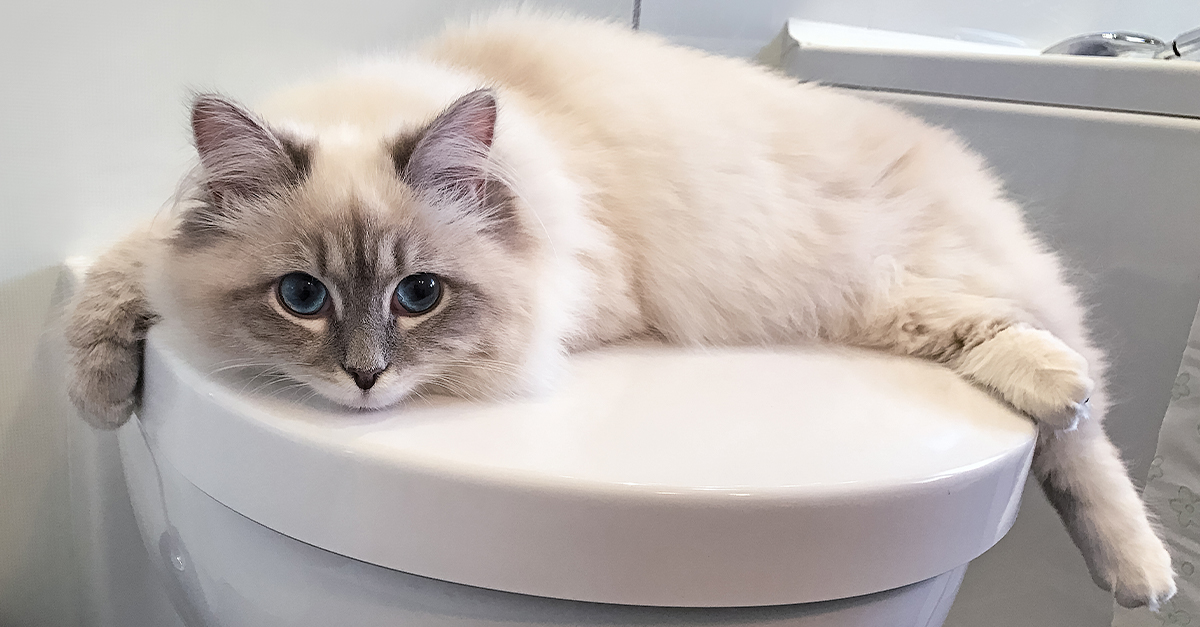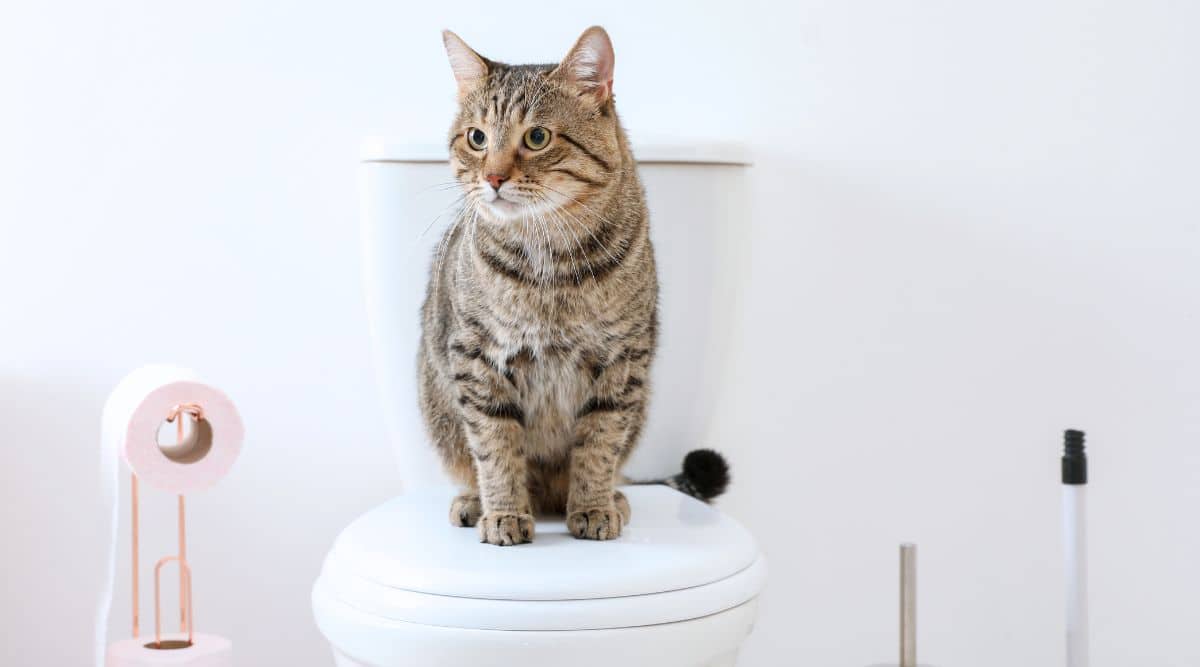Why You Should Avoid Flush Cat Poop Down Your Toilet - Crucial Facts
Why You Should Avoid Flush Cat Poop Down Your Toilet - Crucial Facts
Blog Article
The writer is making a few good pointers on the subject of Don’t flush cat feces down the toilet as a whole in the article underneath.

Introduction
As feline owners, it's important to bear in mind how we deal with our feline good friends' waste. While it might seem practical to purge cat poop down the toilet, this technique can have destructive effects for both the setting and human wellness.
Alternatives to Flushing
Luckily, there are more secure and more accountable means to throw away pet cat poop. Consider the complying with choices:
1. Scoop and Dispose in Trash
The most common technique of disposing of feline poop is to scoop it right into a biodegradable bag and toss it in the garbage. Make sure to utilize a specialized litter scoop and get rid of the waste quickly.
2. Usage Biodegradable Litter
Select biodegradable cat litter made from materials such as corn or wheat. These trashes are environmentally friendly and can be safely thrown away in the trash.
3. Bury in the Yard
If you have a yard, think about hiding pet cat waste in a designated location away from veggie yards and water sources. Be sure to dig deep sufficient to stop contamination of groundwater.
4. Install a Pet Waste Disposal System
Purchase a family pet waste disposal system particularly created for feline waste. These systems make use of enzymes to break down the waste, decreasing smell and environmental effect.
Wellness Risks
In addition to environmental problems, purging feline waste can additionally present health and wellness dangers to humans. Pet cat feces may have Toxoplasma gondii, a parasite that can trigger toxoplasmosis-- a potentially serious disease, especially for expecting ladies and individuals with damaged body immune systems.
Environmental Impact
Purging cat poop introduces harmful pathogens and bloodsuckers into the supply of water, posing a substantial threat to marine communities. These contaminants can negatively affect marine life and compromise water top quality.
Verdict
Accountable animal ownership extends past offering food and shelter-- it likewise includes correct waste monitoring. By refraining from purging cat poop down the toilet and opting for alternative disposal methods, we can minimize our ecological impact and safeguard human health.
Why Can’t I Flush Cat Poop?
It Spreads a Parasite
Cats are frequently infected with a parasite called toxoplasma gondii. The parasite causes an infection called toxoplasmosis. It is usually harmless to cats. The parasite only uses cat poop as a host for its eggs. Otherwise, the cat’s immune system usually keeps the infection at low enough levels to maintain its own health. But it does not stop the develop of eggs. These eggs are tiny and surprisingly tough. They may survive for a year before they begin to grow. But that’s the problem.
Our wastewater system is not designed to deal with toxoplasmosis eggs. Instead, most eggs will flush from your toilet into sewers and wastewater management plants. After the sewage is treated for many other harmful things in it, it is typically released into local rivers, lakes, or oceans. Here, the toxoplasmosis eggs can find new hosts, including starfish, crabs, otters, and many other wildlife. For many, this is a significant risk to their health. Toxoplasmosis can also end up infecting water sources that are important for agriculture, which means our deer, pigs, and sheep can get infected too.
Is There Risk to Humans?
There can be a risk to human life from flushing cat poop down the toilet. If you do so, the parasites from your cat’s poop can end up in shellfish, game animals, or livestock. If this meat is then served raw or undercooked, the people who eat it can get sick.
In fact, according to the CDC, 40 million people in the United States are infected with toxoplasma gondii. They get it from exposure to infected seafood, or from some kind of cat poop contamination, like drinking from a stream that is contaminated or touching anything that has come into contact with cat poop. That includes just cleaning a cat litter box.
Most people who get infected with these parasites will not develop any symptoms. However, for pregnant women or for those with compromised immune systems, the parasite can cause severe health problems.
How to Handle Cat Poop
The best way to handle cat poop is actually to clean the box more often. The eggs that the parasite sheds will not become active until one to five days after the cat poops. That means that if you clean daily, you’re much less likely to come into direct contact with infectious eggs.
That said, always dispose of cat poop in the garbage and not down the toilet. Wash your hands before and after you clean the litter box, and bring the bag of poop right outside to your garbage bins.
https://trenchlesssolutionsusa.com/why-cant-i-flush-cat-poop/

I recently found that content on Don’t flush cat feces down the toilet while doing a search on the internet. Enjoyed reading our piece of writing? Please share it. Let someone else locate it. Thank you for your time. Visit us again soon.
Instant Quote Report this page